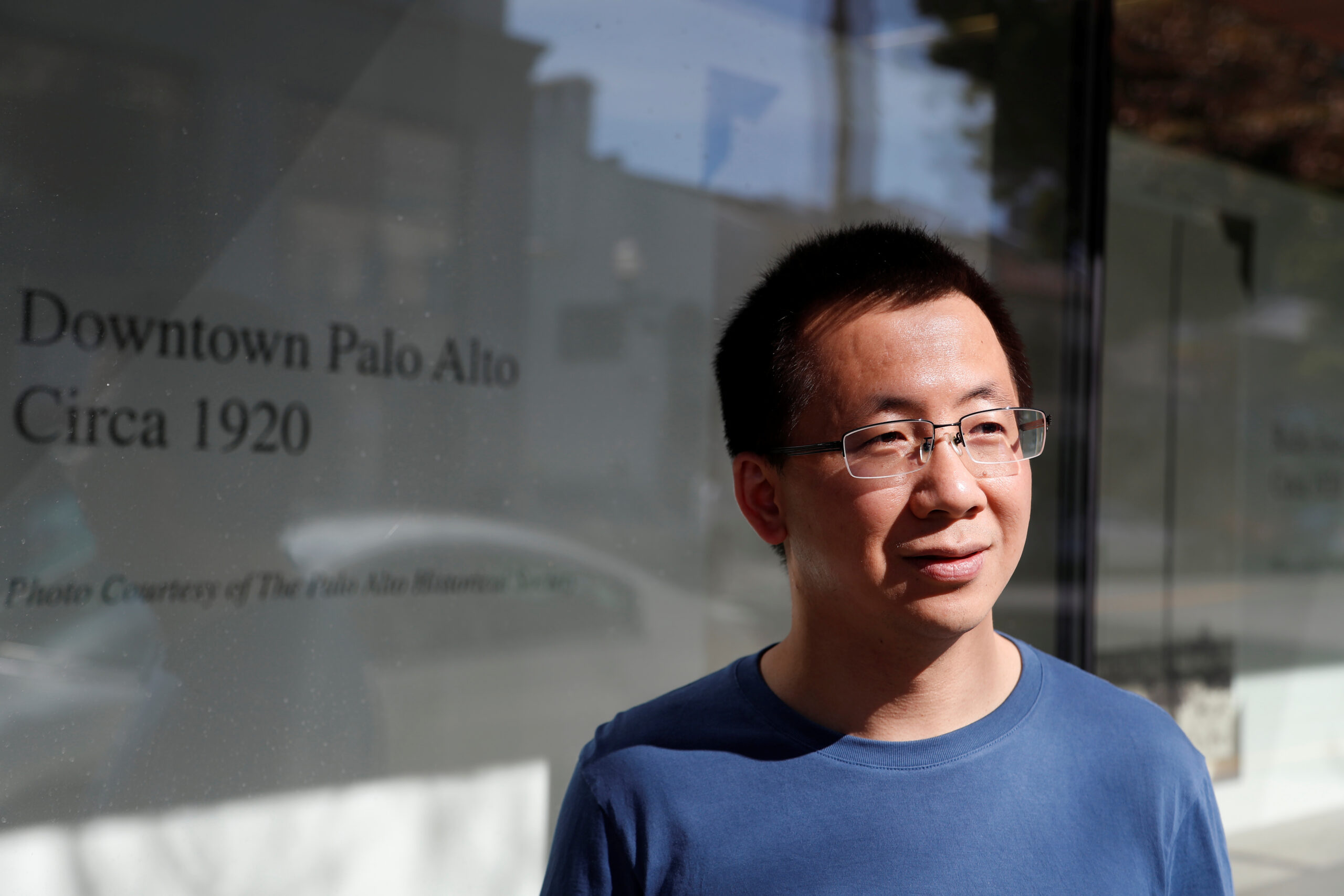
Zhang Yiming, the co-founder of TikTok, is the wealthiest individual in China, with a fortune of $49.3 billion
Zhang Yiming, the co-founder of ByteDance, has become the wealthiest person in China as a result of TikTok’s global triumph, with a net worth of $49.3 billion.
The unprecedented success of TikTok has propelled Zhang Yiming, the co-founder of its parent company ByteDance, to the top of China’s wealthiest list. According to the most recent wealthy list published by the Hurun Research Institute, Zhang’s net worth has increased by 43% from the previous year to $49.3 billion (£38 billion).
The 41-year-old entrepreneur, who resigned from his leadership position at ByteDance in 2021, continues to hold approximately a 20% ownership stake in the company, thereby gaining from TikTok’s unparalleled global expansion.
Despite security concerns from certain nations, TikTok, which is renowned for its significant impact on youth culture worldwide, continues to increase in popularity.
Despite the fact that both ByteDance and TikTok have long maintained their independence from the Chinese government, regulatory pressure has increased in the United States. A prospective prohibition on TikTok is scheduled for January 2025 unless ByteDance divests the platform.
Despite the increasing obstacles posed by U.S. regulators, ByteDance has maintained its success. The company’s profit surged by 60% last year, primarily due to TikTok’s global expansion, which has substantially increased Zhang’s wealth.
Rupert Hoogewerf, the director of the Hurun Institute, stated, “Zhang Yiming is the 18th new Number One we have had in China in just 26 years.”
In contrast, Hoogewerf observed that the United States has only had four top billionaires—Bill Gates, Warren Buffett, Jeff Bezos, and Elon Musk—which emphasizes the dynamism and rapid evolution of China’s tech-driven economy.
Zhang is accompanied by other notable figures in China’s technology sector, such as Pony Ma, the CEO of Tencent, who is ranked third on the list with a net worth of £44.4 billion. However, the general outlook for China’s wealthiest individuals is less optimistic, as numerous sectors have been significantly affected by economic pressures.
Hoogewerf observed that the Hurun China Rich List has experienced an unprecedented decrease for the third year in a row. The number of individuals listed experienced a 12% decline, resulting in a drop to under 1,100, a 25% decrease from the list’s apex in 2021, due to economic headwinds, which included a sluggish stock market.
The fortune of approximately 30% of the individuals on the list increased, while the remaining 70% experienced a decline.
Certain sectors, such as Xiaomi, prospered in spite of obstacles, while the renewable energy sector experienced a substantial decline.
Hoogewerf elucidated that the solar, lithium battery, and electric vehicle (EV) industries encountered challenges due to market oversupply and intense competition.
“He stated that solar panel manufacturers experienced a decline in wealth of up to 80% from the 2021 peak, while battery and EV manufacturers experienced a 50% and 25% decline, respectively.” This was attributed to an oversupply in the green energy sector and the additional complication of prospective tariffs.
Despite the fact that Zhang’s ascent serves as an illustration of the rapid expansion of China’s technology sector, the obstacles encountered by numerous his peers serve to emphasize the economic realities that are constantly evolving in China.
The regulatory scrutiny from international powers is increasing in tandem with ByteDance’s global influence, serving as a reminder of the intricacies that China’s tech titans encounter on the global stage.
All Categories
Recent Posts
Tags
+13162306000
zoneyetu@yahoo.com


